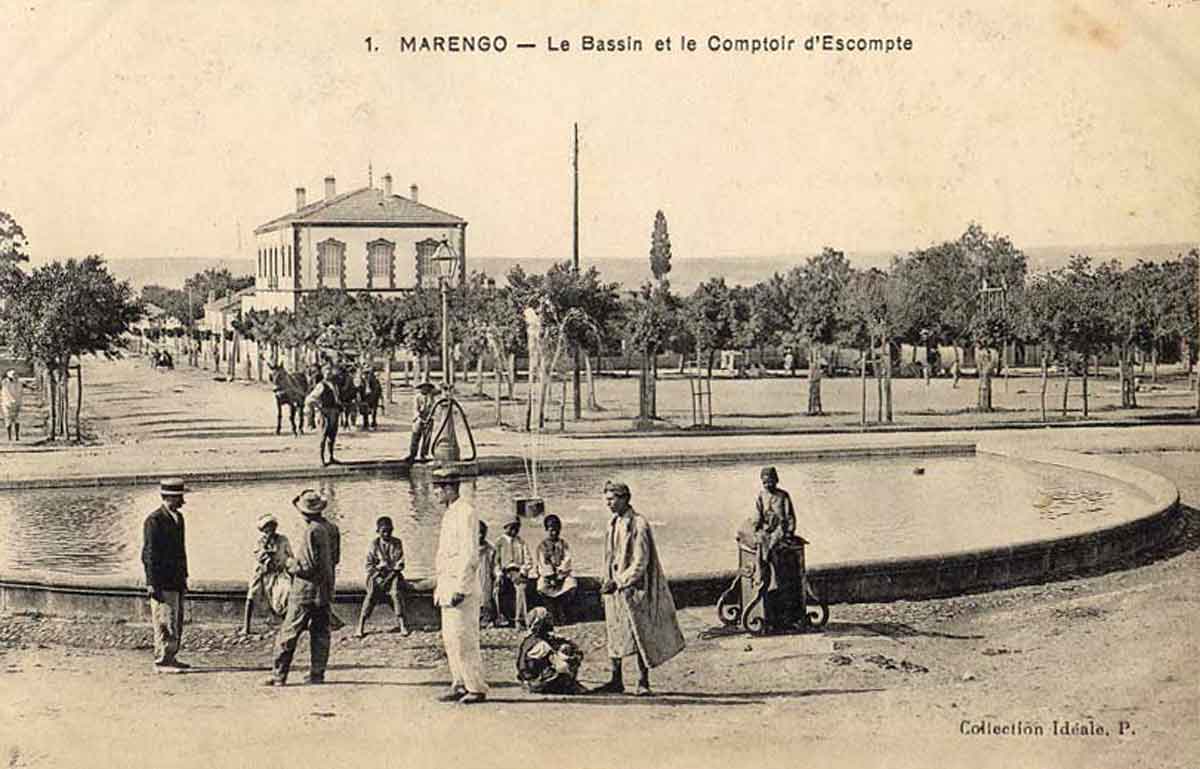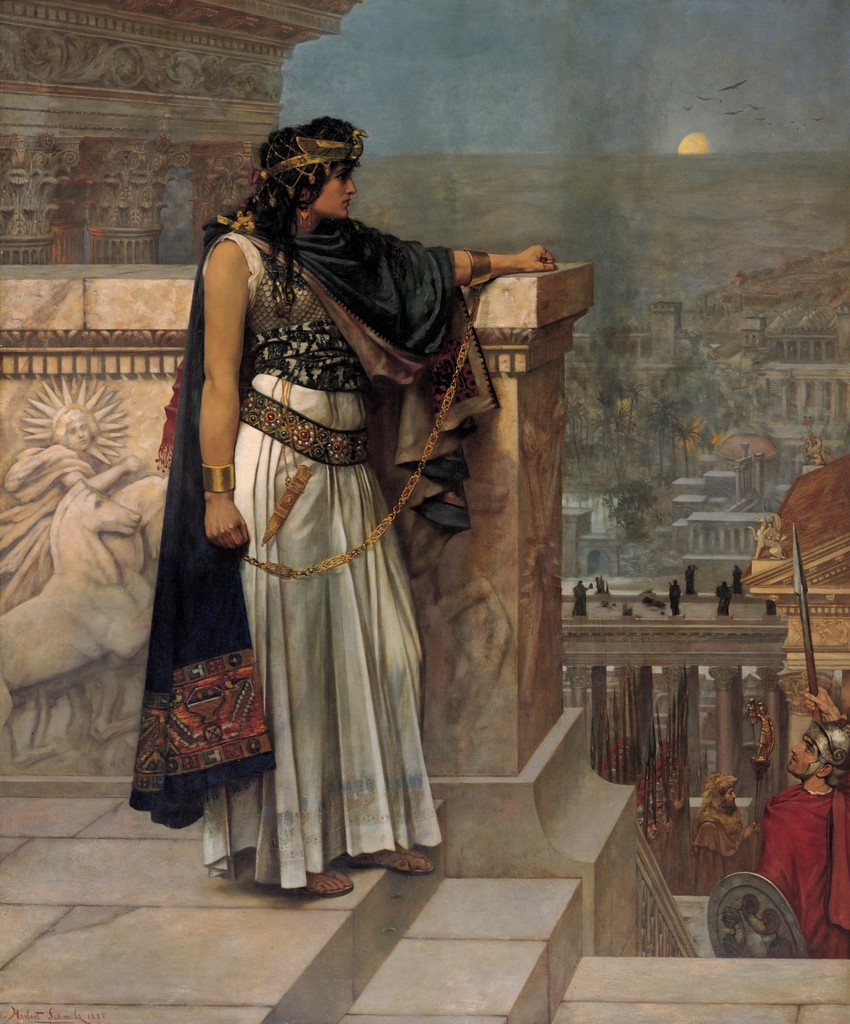|
Zoulikha Oudai
Zoulikha Oudai was an Algerian Chenouas woman who died during the Algerian War of Independence. She was born 7 May 1911 in Hadjout, and grew up in Cherchell. She had five children; after her husband and one of her sons were executed by French forces, she became committed to the independence cause and joined the National Liberation Front (Algeria) The National Liberation Front ( ar, جبهة التحرير الوطني ''Jabhatu l-Taḥrīri l-Waṭanī''; french: Front de libération nationale, FLN) is a nationalist political party in Algeria. It was the principal nationalist movement du ... as the Cherchell regional head. She then went underground and became a noted intelligence operative for the Front. She was captured by French forces in 1957 and executed after 10 days of unfruitful torture. Her body was not recovered until 1984; she is now interred in a martyrs' cemetery in Menaceur. References External links {{DEFAULTSORT:Oudai, Zoulikha Algerian revolutionaries ... [...More Info...] [...Related Items...] OR: [Wikipedia] [Google] [Baidu] |
Algerian People
This article is about the demographic features of the population of Algeria, including population density, ethnicity, education level, health of the populace, economic status, religious affiliations and other aspects of the population. Ninety-one percent of the Algerian population lives along the Mediterranean coast on 12% of the country's total land mass. Forty-five percent of the population is urban, and urbanization continues, despite government efforts to discourage migration to the cities. Currently, 24,182,736 Algerians live in urban areas, and about 1.5 millions nomads live in the Saharan area. 97% of the population follows Sunni Islam; the few non-Sunni Muslims are mainly Ibadis from the Mozabite valley at 1.3% (see Islam in Algeria). Christianity in Algeria constitutes about 1% of the total population. While significantly greater during the French colonial years, a mostly foreign Roman Catholic community still exists, as do some Protestants. The Jewish community of A ... [...More Info...] [...Related Items...] OR: [Wikipedia] [Google] [Baidu] |
Chenouas
The Chenouis or Chenoua (in Berber: Icenwiyen) are a Berber-speaking population native to Algeria. They are concentrated in the west-central mountains. The traditional area goes from Fouka (Tipaza province) until Ténès (Chlef province). Population The Chenoui speaking population is traditionally composed of several tribes: Cenwa (Tipaza), Guraya (Tipaza), Ayt Mnaser (Beni Menacer) (Cherchell), Ayt Farah, Arib, Zuzug (Ain Defla), Ayt Hawa (Ténès) and the Bissa mounts (Chlef). Berber language The Chenoui language which is a Northern Berber language is closely related to the Shawiya language and Zenata varieties spoken by Berbers of the Aures mountains in Eastern Algeria and the Rif region. Geographical distribution The Chenoui traditional territory includes the province of Tipaza, parts of the Chlef province and the north of the province of Ain Defla, and thus are called in reference to the Mount Chenoua which dominates the city of Tipaza, 70 km west of Algiers. ... [...More Info...] [...Related Items...] OR: [Wikipedia] [Google] [Baidu] |
Algerian War Of Independence
The Algerian War, also known as the Algerian Revolution or the Algerian War of Independence,( ar, الثورة الجزائرية '; '' ber, Tagrawla Tadzayrit''; french: Guerre d'Algérie or ') and sometimes in Algeria as the War of 1 November, was fought between France and the Algerian National Liberation Front (french: Front de Libération Nationale – FLN) from 1954 to 1962, which led to Algeria winning its independence from France. An important decolonization war, it was a complex conflict characterized by guerrilla warfare and war crimes. The conflict also became a civil war between the different communities and within the communities. The war took place mainly on the territory of Algeria, with repercussions in metropolitan France. Effectively started by members of the National Liberation Front (FLN) on 1 November 1954, during the ("Red All Saints' Day"), the conflict led to serious political crises in France, causing the fall of the Fourth Republic (1946–58), to b ... [...More Info...] [...Related Items...] OR: [Wikipedia] [Google] [Baidu] |
Hadjout
Hadjout formerly Marengo during French colonization is a town and commune in Tipaza Province in northern Algeria, approximately 78km to the west of the capital Algiers. History In 1848, the village was named Marengo. In 1958, the commune became part of the department of Algiers. After Algerian independence, it was renamed Hadjout. Marengo was founded on September 17, 1848; the plan of the village was signed by the captain of the genius Victor de Malglaive on December 29, 1849. By decree of February 11, 1851 that Louis-Napoleon Bonaparte, French, Signa, this village of colonists was given the name of Marengo, to honor the dedication of Colonel Gaspard, Joseph, Marie Caponne (1787-1862) who participated in the Napoleonic and Algerian conquests. Transport Hadjout has a large bus station providing inter-wilayas links, plus an urban railway station, which guarantees connections between Hadjout and other localities. The road transport network of the municipality consists essen ... [...More Info...] [...Related Items...] OR: [Wikipedia] [Google] [Baidu] |
Cherchell
Cherchell (Arabic: شرشال) is a town on Algeria's Mediterranean coast, west of Algiers. It is the seat of Cherchell District in Tipaza Province. Under the names Iol and Caesarea, it was formerly a Roman colony and the capital of the kingdoms of Numidia and Mauretania. Names The town was originally known by the Phoenician and Punic name , meaning "island of sand". The Punic name was hellenized as ''Iṑl'' ( grc-gre, Ἰὼλ) and Latinized as Iol. Cherchel and Cherchell are French transcriptions of the Arabic name Shershel ( ar, شرشال), derived from the town's old Latin name Caesarea ( grc-gre, ἡ Καισάρεια, ''hē Kaisáreia''), which was given to it in 25BC by to honor his benefactor Augustus,. who had legally borne the name "Gaius Julius Caesar" after his posthumous adoption by Julius Caesar in 44BC. It was later distinguished from the many other Roman towns named Caesarea by calling it , ("Mauretania's Caesarea"), (, ''Iṑl Kaisáreia ... [...More Info...] [...Related Items...] OR: [Wikipedia] [Google] [Baidu] |
National Liberation Front (Algeria)
The National Liberation Front ( ar, جبهة التحرير الوطني ''Jabhatu l-Taḥrīri l-Waṭanī''; french: Front de libération nationale, FLN) is a nationalist political party in Algeria. It was the principal nationalist movement during the Algerian War and the sole legal and ruling political party of the Algerian state until other parties were legalised in 1989. The FLN was established in 1954 from a split in the Movement for the Triumph of Democratic Liberties from members of the Special Organisation paramilitary; its armed wing, the National Liberation Army, participated in the Algerian War from 1954 to 1962. After the Évian Accords of 1962, the party purged internal dissent and ruled Algeria as a one-party state. After the 1988 October Riots and the Algerian Civil War (1991–2002) against Islamist groups, the FLN was reelected to power in the 2002 Algerian legislative election, and has generally remained in power ever since, although sometimes needing to for ... [...More Info...] [...Related Items...] OR: [Wikipedia] [Google] [Baidu] |
Menaceur
Menaceur is a small town and commune in Algeria, situated about 100 km west of Algiers Algiers ( ; ar, الجزائر, al-Jazāʾir; ber, Dzayer, script=Latn; french: Alger, ) is the capital and largest city of Algeria. The city's population at the 2008 Census was 2,988,145Census 14 April 2008: Office National des Statistiques .... Menaceur has a population of 40,000. The Bouchanoun River passes through Menaceur. Nearby mountains include Zabrir, el Pic, Boumaad, and Tizi Franco. History Menaceur is known for its fight against French colonization. Tizi Franco, where French troops were ambushed in 1957, deeply influenced French army tactics in the region. 1 - Introduction Following the example of resistance, popular uprisings and revolts that marked the nineteenth century and encompassed various parts of Algeria, the resistance of Beni Menaceur, Miliana and Cherchell between July 14 and August 21, 1871 was the One of the links in the chain revolts. Like all revolutions ... [...More Info...] [...Related Items...] OR: [Wikipedia] [Google] [Baidu] |
Algerian Revolutionaries
Algerian may refer to: * Something of, or related to Algeria * Algerian people, a person or people from Algeria, or of Algerian descent * Algerian cuisine * Algerian culture * Algerian Islamic reference * Algerian Mus'haf * Algerian (solitaire) * Algerian (typeface) See also * * Languages of Algeria * List of Algerians Notable Algerians include: Artists Writers (including poets) *Ferhat Abbas (1899–1985), political leader and essayist *Mohamed Aïchaoui (1921–1959), political leader and journalist *Abdelkader Alloula (born 1939), playwright *Al-Akhd ... {{disambiguation Language and nationality disambiguation pages ... [...More Info...] [...Related Items...] OR: [Wikipedia] [Google] [Baidu] |
1911 Births
A notable ongoing event was the race for the South Pole. Events January * January 1 – A decade after federation, the Northern Territory and the Australian Capital Territory are added to the Commonwealth of Australia. * January 3 ** 1911 Kebin earthquake: An earthquake of 7.7 moment magnitude strikes near Almaty in Russian Turkestan, killing 450 or more people. ** Siege of Sidney Street in London: Two Latvian anarchists die, after a seven-hour siege against a combined police and military force. Home Secretary Winston Churchill arrives to oversee events. * January 5 – Egypt's Zamalek SC is founded as a general sports and Association football club by Belgian lawyer George Merzbach as Qasr El Nile Club. * January 14 – Roald Amundsen's South Pole expedition makes landfall, on the eastern edge of the Ross Ice Shelf. * January 18 – Eugene B. Ely lands on the deck of the USS ''Pennsylvania'' stationed in San Francisco harbor ... [...More Info...] [...Related Items...] OR: [Wikipedia] [Google] [Baidu] |
1957 Deaths
1957 (Roman numerals, MCMLVII) was a Common year starting on Wednesday, common year starting on Tuesday of the Gregorian calendar, the 1957th year of the Common Era (CE) and ''Anno Domini'' (AD) designations, the 957th year of the 2nd millennium, the 57th year of the 20th century, and the 8th year of the 1950s decade. Events January * January 1 – The Saarland joins West Germany. * January 3 – Hamilton Watch Company introduces the first electric watch. * January 5 – South African player Russell Endean becomes the first batsman to be Dismissal (cricket), dismissed for having ''handled the ball'', in Test cricket. * January 9 – British Prime Minister Anthony Eden resigns. * January 10 – Harold Macmillan becomes Prime Minister of the United Kingdom. * January 11 – The African Convention is founded in Dakar. * January 14 – Kripalu Maharaj is named fifth Jagadguru (world teacher), after giving seven days of speeches before 500 Hindu scholars. * January 15 – The film ' ... [...More Info...] [...Related Items...] OR: [Wikipedia] [Google] [Baidu] |
Female Revolutionaries
This is a list of women who led a revolt or rebellion. A revolt is an organized attempt to overthrow an existing body of state authority through a rebellion, or uprising. Armed conflict Before 1000 AD * In 671–670 BC, the oracle of Nusku, a former slave-girl, initiated a rebellion against the Assyrian king Esarhaddon in favor of the official Sasi and played a central role in the ensuing conspiracy. * In 280 BC, Chelidonis, a Spartan princess, orchestrated provisioning the warriors on the wall during the Siege of Sparta. She wore a noose around her neck to show her husband Cleonymus that she would not be taken alive. * In the 9th century BC, according to the legendary history of Britain, Queen Gwendolen gathered an army and fought her ex-husband, Locrinus, in a civil war for the throne of Britain. She defeated him and became the monarch. * In 131 BC, Cleopatra II of Egypt led a rebellion against Ptolemy VIII Physcon and drove him and Cleopatra III out of Egypt. * In ... [...More Info...] [...Related Items...] OR: [Wikipedia] [Google] [Baidu] |




